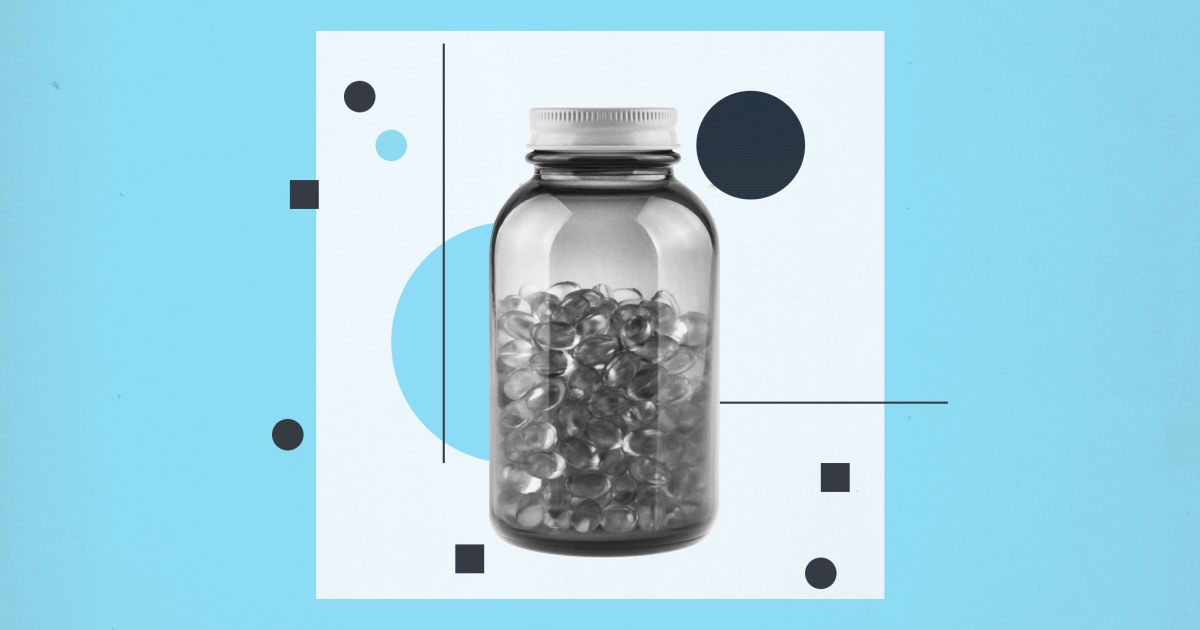TODAY’s Never Have I Ever series offers guidance about procedures and practices our trusted health experts would never participate in. Discover why they should be avoided and which healthy practices you should turn to instead.
The liver is a remarkable organ. Among its many functions, it rids our blood of toxins, disposes of old cells, metabolizes nutrients and creates the fluid necessary for digestion. And it rarely needs assistance with any of its hundreds of jobs.
Still, a host of cleanses and supplements are available online and in stores, with claims they can detoxify the liver, thereby improving its function. But there’s no clinical evidence to support that they work, Dr. Raymond Chung, chief of gastroenterology, hepatology and endoscopy at Mass General Brigham, tells TODAY.com.
In fact, some have been linked to liver damage and failure.
Never Have I Ever: Done a Liver Cleanse
“It’s only natural to think that being good to our bodies is to find things like supplements that ostensibly reduce the stress to our livers,” Chung tells TODAY.com. But your liver likely doesn’t need any additional help, which is why he’s never done a liver cleanse or taken a liver supplement.
Plus, he has safety concerns around the many products that are available. That’s in part because the U.S. Food and Drug Administration doesn’t vet the safety of dietary supplements before they hit shelves (though it can take action against supplement makers after if a dangerous one reaches the market).
Certain types of supplements can be especially risky to liver health, such as black cohosh, kava and vitamin A, TODAY.com previously reported.
Why?
While the liver can incur damage from disease, viruses and lifestyle choices, a detox likely won’t be the fix — and in some cases, they may even make things worse. “Several herbal and dietary supplements have been linked to liver injury, damage or even liver failure,” Chung points out.
“The liver is the ultimate filter and the ultimate detoxifier,” he adds, but taking supplements can actually “overwhelm that detoxification mechanism.”
What to Do Instead
If you’ve already taken liver cleanses and supplements, don’t fret. “(The liver) is a sturdy, hardy organ,” with regenerative capacities, says Chung.
To keep it functioning at its best, avoid liver supplements and focus on a few lifestyle practices, he advises.
“The good news about the liver is that it is such an extraordinarily forgiving organ,” says Chung. “So even if liver damage somehow occurred during the period of exposure to a supplement, in most cases, with removal of the injurious agent, we will see regression of that injury.”
Moving forward, focus on a healthy diet. Chung recommends the Mediterranean diet, which promotes healthy fats, lean protein, antioxidants, whole grains and produce. This diet has been shown to lower the risk of death, lower levels of heart disease and boost digestive health. Chung is a fan because it lessens the accumulation of fat in the liver — a benefit since non-alcoholic fatty liver disease is the leading cause of liver cancer.
He also advises fitting as much movement as you can into your day, and drinking alcohol in moderation, especially if you have liver disease, since it can inflame the liver and destroy its cells.

